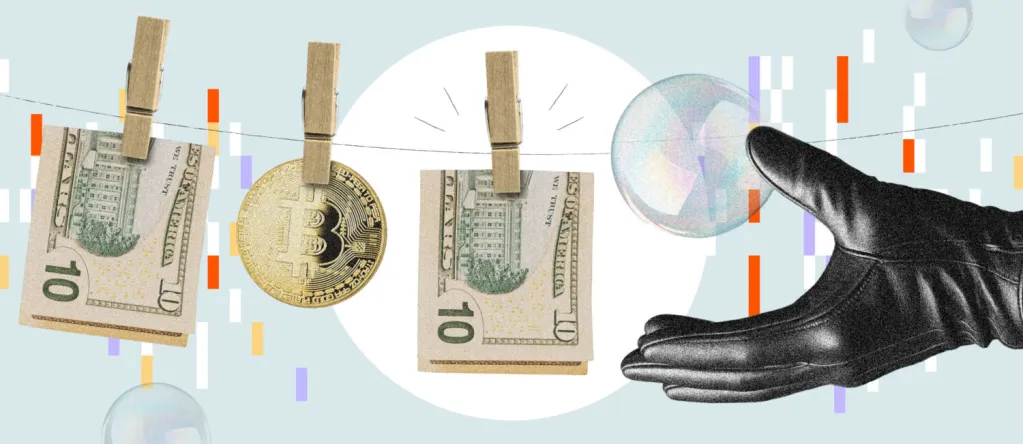In the ever-evolving landscape of finance, Decentralized Finance (DeFi) has emerged as a revolutionary force, promising financial inclusion and freedom from traditional banking systems. However, with this innovation comes scrutiny, and one pressing question that often arises is whether DeFi is susceptible to money laundering.
Let’s delve into this complex issue to separate fact from fiction.
Firstly, it’s essential to understand how DeFi operates. Unlike traditional finance, DeFi platforms leverage blockchain technology to execute financial transactions without intermediaries. This decentralized nature fosters transparency and eliminates the need for trust in a central authority. While this autonomy empowers users, it also raises concerns about potential misuse, including money laundering.
The decentralized nature of DeFi poses both advantages and challenges in combating money laundering. On one hand, the transparency of blockchain technology enables anyone to trace transactions on the network, making it harder for illicit activities to go unnoticed. Additionally, many DeFi protocols employ robust security measures and smart contract functionalities to mitigate risks.
However, the anonymous nature of transactions in DeFi can also be exploited by bad actors seeking to launder money. Without the stringent KYC (Know Your Customer) and AML (Anti-Money Laundering) regulations found in traditional finance, individuals can engage in illicit activities more easily. Furthermore, the proliferation of decentralized exchanges (DEXs) allows users to swap assets anonymously, making it challenging for authorities to track suspicious transactions.
Despite these challenges, the DeFi community is not turning a blind eye to the issue. Many projects are actively working on implementing solutions to enhance security and compliance within the ecosystem. This includes the development of decentralized identity verification systems, transaction monitoring tools, and collaboration with regulatory bodies to establish industry standards.
Moreover, decentralized autonomous organizations (DAOs) are emerging as a promising governance model for DeFi protocols. These DAOs enable community-driven decision-making, allowing stakeholders to collectively combat illicit activities and uphold the integrity of the ecosystem.
It’s crucial to recognize that while DeFi may present opportunities for money laundering, it is not inherently designed for illicit purposes. Like any innovation, it is subject to misuse, but proactive measures are being taken to address these concerns and foster a safe and compliant environment.
Conclusion
the question of whether DeFi is vulnerable to money laundering is nuanced. While its decentralized nature poses challenges, the industry is actively working towards solutions to mitigate risks and uphold regulatory standards. As DeFi continues to evolve, collaboration between stakeholders, regulators, and innovators will be paramount in ensuring its integrity and legitimacy in the financial landscape.

